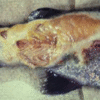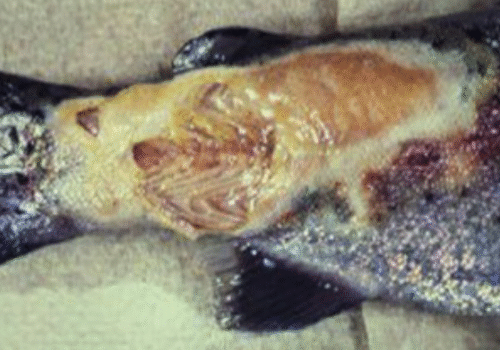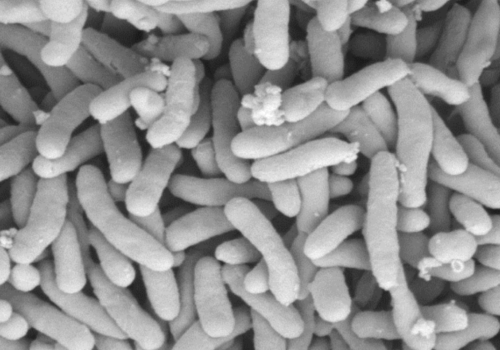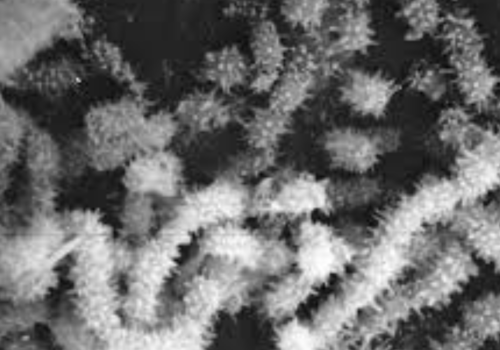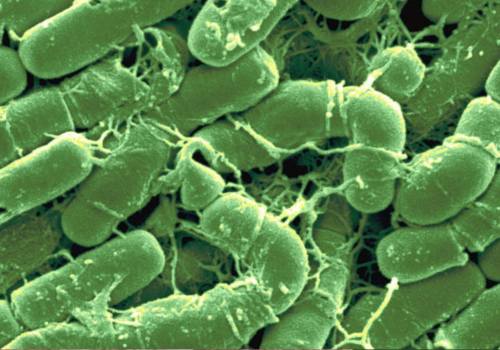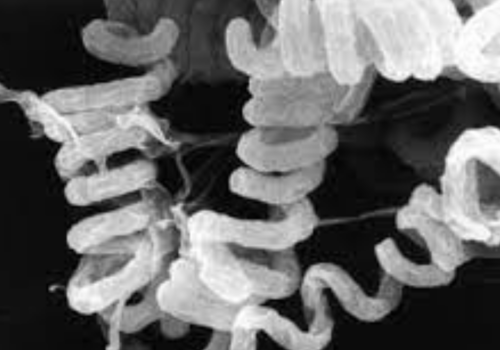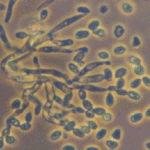Overview of the Microbe Klebsiella pneumoniae is a Gram-negative, facultative anaerobic, rod-shaped bacterium belonging to the Enterobacteriaceae family. It is best known as an opportunistic...
Overview of the Microbe Enterobacter cloacae is a gram-negative, facultatively anaerobic, rod-shaped bacterium belonging to the family Enterobacteriaceae. Initially recognized for its opportunistic pathogenicity in...
Bacillus subtilis is a robust, Gram-positive bacterium widely recognized for its adaptability and efficiency in various environments.
Overview of the Microbe Flavobacterium columnare is a Gram-negative, rod-shaped, filamentous bacterium that belongs to the phylum Bacteroidetes and class Flavobacteriia. It is the etiological...
Overview of the Microbe Pseudomonas aeruginosa is a Gram‑negative, aerobic, non‑spore‑forming rod that thrives in diverse environments and causes opportunistic infections in immunocompetent and immunocompromised...
Overview of the Microbe Enterobacter is a diverse genus of Gram-negative, rod-shaped, facultatively anaerobic bacteria within the Enterobacteriaceae family. These bacteria are widely distributed in...
Overview of the Microbe Pseudomonas stutzeri is a motile, rod‑shaped, non‑spore‑forming Gram‑negative bacterium first described by Lehmann and Neumann in 1896. It inhabits soil, freshwater,...
Bacillus subtilis is a robust, Gram-positive bacterium widely recognized for its adaptability and efficiency in various environments.
Bacillus subtilis is a robust, Gram-positive bacterium widely recognized for its adaptability and efficiency in various environments.
Overview of the Microbe Streptomyces avermitilis is a Gram‑positive, filamentous actinobacterium first isolated by Satoshi Ōmura from soil in Shizuoka, Japan. Unlike most bacteria, it...
- 1
- 2




